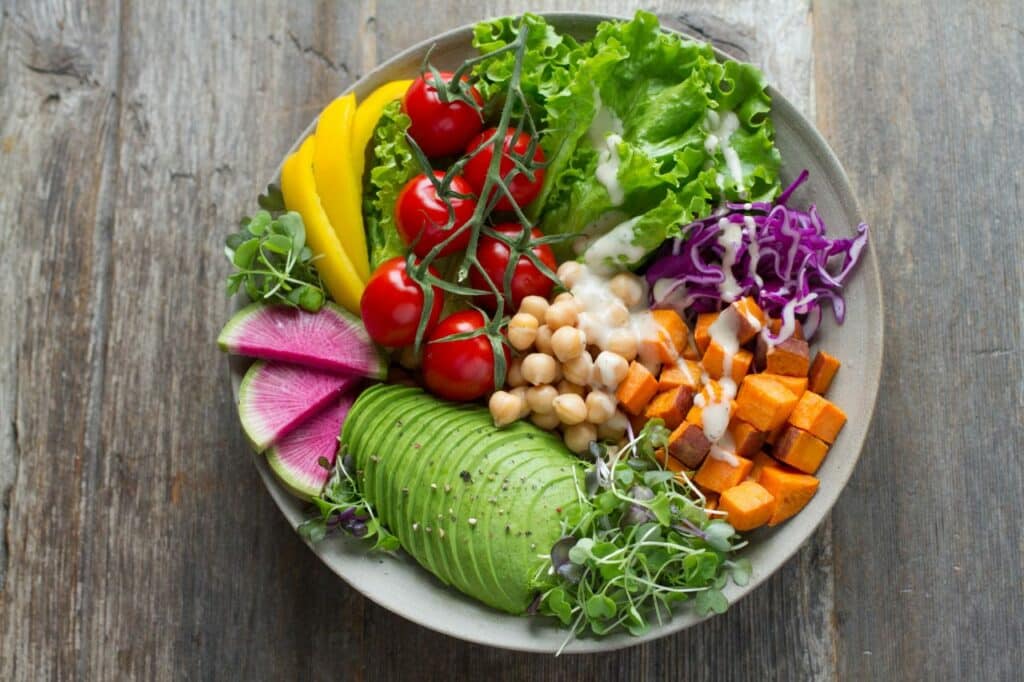Chronic kidney disease (CKD) is a condition that causes a gradual loss of kidney functions over an extended period of time. Symptoms worsen after the initial stages of the disease, and if it continues to deteriorate, patients require dialysis or a kidney transplant.
While experts have always been conscious of the relationship between nutrition and the ability of a patient to manage the symptoms of CKD, new studies are shedding more light on the link between CKD and high potassium levels from eating a plant-based diet.
The Relationship Between Potassium Levels and CKD
Several risks associated with CKD can be delayed—or even prevented—through proper nutrition.
Some high-protein foods produce increased amounts of waste that a healthy kidney can easily manage. Kidneys affected by CKD will generally process foods and some nutrients less efficiently, and patients are encouraged to stick to a diet limiting protein intake, sugars, fats, red meats, and sodium.
However, kidneys also regulate the levels of potassium in our bodies, and plant-based diets can contain a high amount of potassium which was thought to lead to hyperkalemia, or higher-than-normal potassium levels in the blood. But new research is showing that CKD patients using plant-based diets are actually not at greater risk of hyperkalemia than those following other diets.
Keeping potassium levels in the blood stable is essential to ensure the health of the cardiovascular system and muscles. If such levels are too high or too low, they can cause potassium build-ups in the heart. This can, in turn, develop into serious heart problems and complications.
Importance of Tracking Potassium Levels
Since nutrition and diet can have a significant effect on the potassium level in the blood, it is essential for CKD patients to regulate what they eat. Tracking potassium intake and levels allows a patient to identify a potential issue or a build-up in the kidney in advance. In turn, such patients can then modify their diet and prevent further complications that are bound to happen.
Blood tests are one of the best ways to track the potassium level in your bloodstream, as they can quickly indicate whether your levels are above average. Additionally, speaking to a certified renal dietitian can help a patient understand what diet they should be following to prevent dangerously high potassium levels and improve overall health.
Implementing a Plant-Based Diet
Plant-based diets are usually not suggested to CKD patients, because it has been popularly believed that the high consumption of vegetables rich in potassium (such as bananas, avocados, potatoes, etc.) causes high levels of potassium in the blood. However, new studies show that the levels of potassium are not necessarily connected to a plant-centered diet.
Cooking methods can significantly reduce potassium levels in some vegetables (boiling potatoes, for example), and there are valid alternatives that patients can use to substitute high-potassium fruits and vegetables such as bananas, oranges, and mushrooms.
What You Should Know
A study involving 219 nondialysis CKD patients proved that plant-based, low-protein diets do not increase potassium levels in the blood by patients affected by CKD compared to those who are not vegetarians.
While over 25 percent of all participants were suffering from a form of high levels of potassium, throughout the course of the study, there was no difference in potassium levels between participants following a plant-based diet and those using an animal-based diet. Both parties had personal nutritional counseling, which may have contributed to the overall low levels of potassium compared to other studies.
The Importance of Educational Strategies
While scientists and experts have started seeing plant-based diets in a new, encouraging light, a patient should not approach this new lifestyle without consulting a dietitian first. Such experts will be informed regarding the strategies to implement if a patient wishes to follow such a nutrition plan.
You can do that by setting up an appointment with your local dietician, or by contacting a Texas Kidney Institute doctor or dietitian who specializes in nutrition counseling for chronic kidney disease patients.

